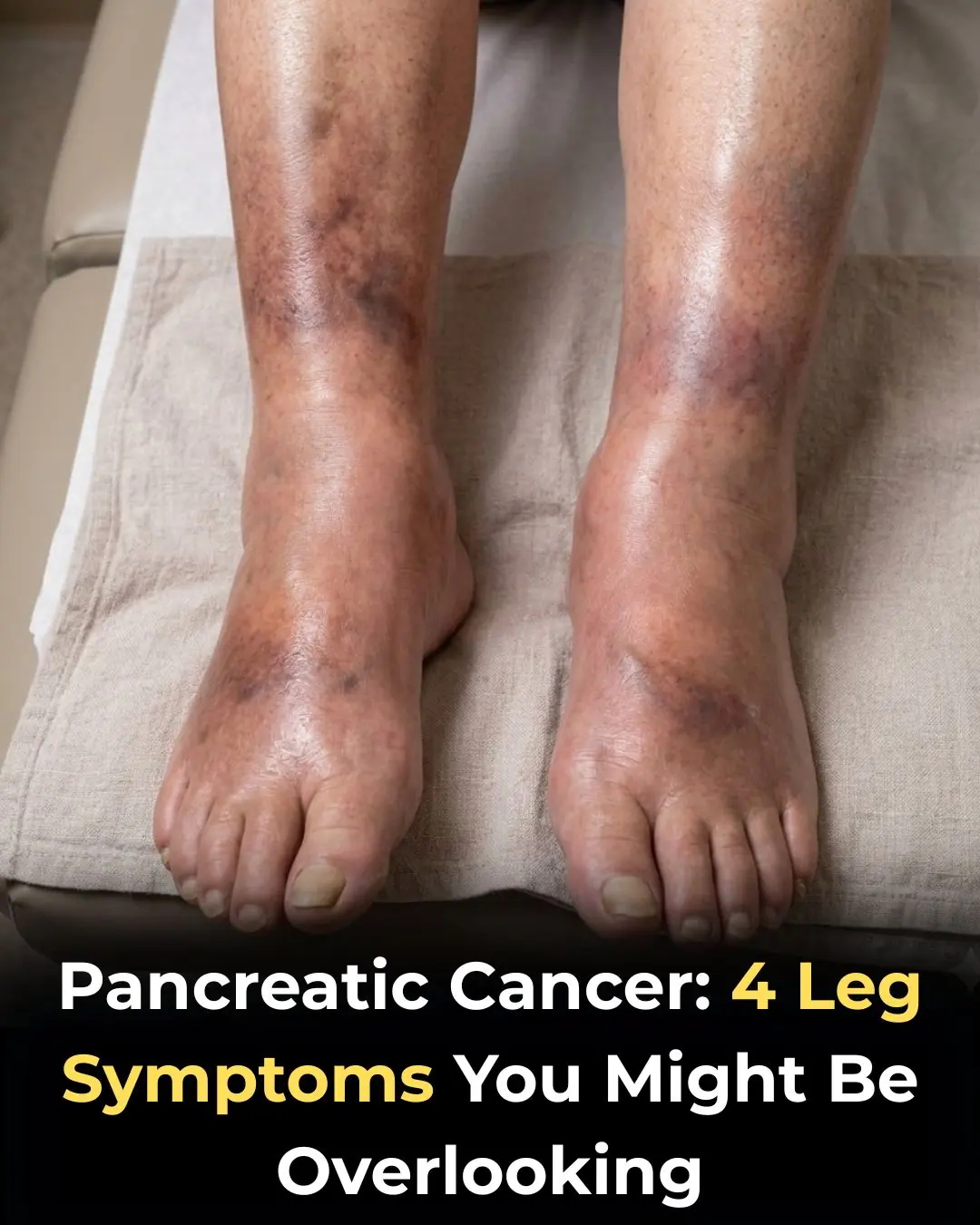
Osteoporosis Is Scurvy of the Bone, Not Calcium Deficiency
For decades, calcium has been the go-to nutrient for the prevention and treatment of osteoporosis. After all, strong bones require not just calcium, but also magnesium and phosphorus to maintain density and support the growth of new bone cells. As we age, it’s common—especially among women—for bone density to decline, leading to fragile bones and increased fracture risk.
But what if calcium deficiency isn’t the real culprit behind osteoporosis? Emerging research suggests there’s another often-overlooked cause: vitamin C deficiency, or scurvy.
The Real Cause of Bone Weakness
Humans cannot synthesize vitamin C naturally, making it an essential nutrient. Beyond its well-known role in supporting the immune system, vitamin C is critical for maintaining healthy bones. It stimulates collagen production, which forms the structural framework of bones, promotes osteoblast activity (cells that generate new bone tissue), and supports the repair of fractures. Low vitamin C levels have been linked to weaker bones and an increased risk of fractures.
Conventional Osteoporosis Treatments: Limitations and Risks
Standard treatment for osteoporosis often involves calcium supplementation combined with bisphosphonate drugs like Actonel, Fosamax, or Reclast. These medications work by inhibiting bone resorption, temporarily preventing further bone loss. However, they come with serious potential side effects, including:
-
Kidney dysfunction
-
Eye inflammation
-
Esophageal cancer
-
Chronic pain
Long-term use of bisphosphonates is under scrutiny, as research suggests their benefits may only be temporary, while risks accumulate over time.
Ironically, calcium supplements can sometimes worsen health outcomes, particularly when paired with bisphosphonates. Excess calcium can accumulate in arteries and organs, increasing the risk of heart attack, stroke, kidney stones, and gallstones.
Even common medications for other conditions can impact bone health. Thiazide diuretics, prescribed for hypertension, may retain calcium but deplete magnesium and potassium. Without proper nutrient balance, bones can weaken while calcium deposits in unwanted places, contributing to arterial calcification.
The Vitamins That Truly Support Bone Health
-
Vitamin C:
-
Essential for collagen formation and fracture healing
-
Stimulates osteoblasts to create new bone tissue
-
Acts as a powerful antioxidant, preventing cellular aging through oxidative stress
-
-
Vitamin K:
-
Found in leafy greens, cruciferous vegetables, fermented dairy, egg yolks, and meats
-
Crucial for building bone proteins and maintaining bone matrix integrity
-
-
Vitamin D3:
-
Facilitates calcium absorption in bones
-
Supports the uptake of magnesium and phosphorus, key minerals for bone density
-
Often added to processed foods, but supplementation may be necessary in low-sunlight regions
-
-
Exercise:
-
Weight-bearing exercises, resistance training, and strength work don’t just build muscle—they strengthen bones by stimulating remodeling and maintaining density.
-
Supplements: Use With Caution
It’s tempting to rely on pills for convenience, especially when addressing a potential vitamin deficiency. But there are important caveats:
-
Synthetic vitamins may not metabolize like whole-food nutrients
-
Non-nutritive ingredients in supplements (e.g., aspartame, sorbitol, maltodextrin, or GMOs) can cause adverse reactions
-
Nutrient synergy matters—supplementing one nutrient in isolation can create imbalances if other co-factors are missing
-
Medication interactions—always consult a healthcare provider before combining supplements with prescriptions
-
Lack of regulation—vitamin supplements in the U.S. are not strictly regulated, so quality varies
For example, popular vitamin C powders like Emergen-C contain ascorbic acid, sugars, and other additives. Ascorbic acid alone is not equivalent to vitamin C in its natural, complex form, and overconsumption can still cause harm. A safer, whole-food alternative is simply drying and grinding oranges or other vitamin C-rich fruits. Whole-food supplements are generally better absorbed and safer than synthetic forms.
The Takeaway
As we age, nutritional needs become even more crucial, particularly when appetite decreases or healing slows. Osteoporosis may not be caused solely by a lack of calcium. In many cases, a deficiency in vitamin C, vitamin K, vitamin D3, or other nutrients could be a primary driver. By focusing on whole foods, nutrient-rich diets, and weight-bearing exercise, it’s possible to support bone health naturally, reduce fracture risk, and maintain strength well into later years.
Bone health isn’t just about calcium—it’s about a balanced nutritional foundation, careful supplementation when needed, and active lifestyle habits.
News in the same category

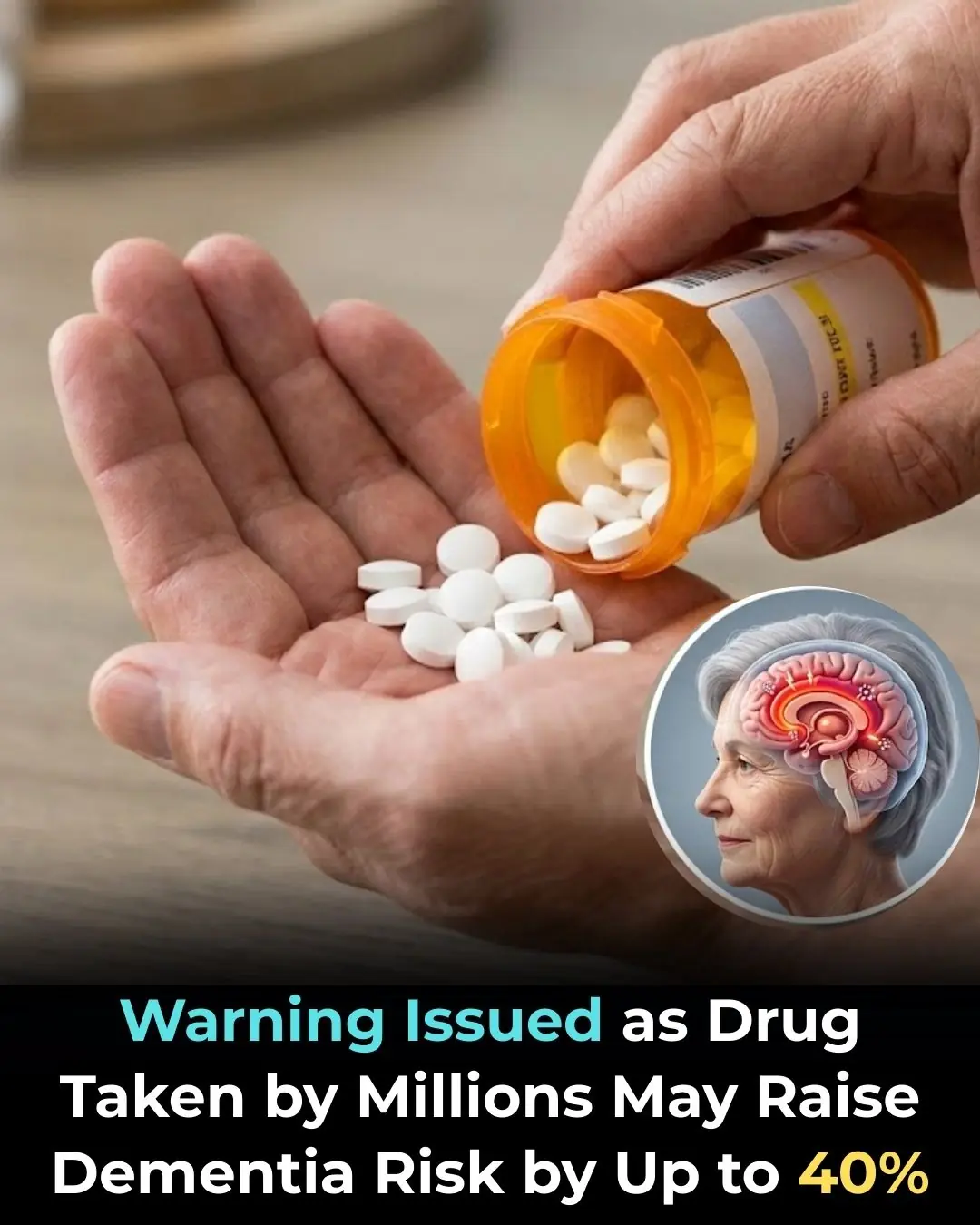
Common Back-Pain Drug May Be Linked to Higher Dementia Risk, Large Study Finds
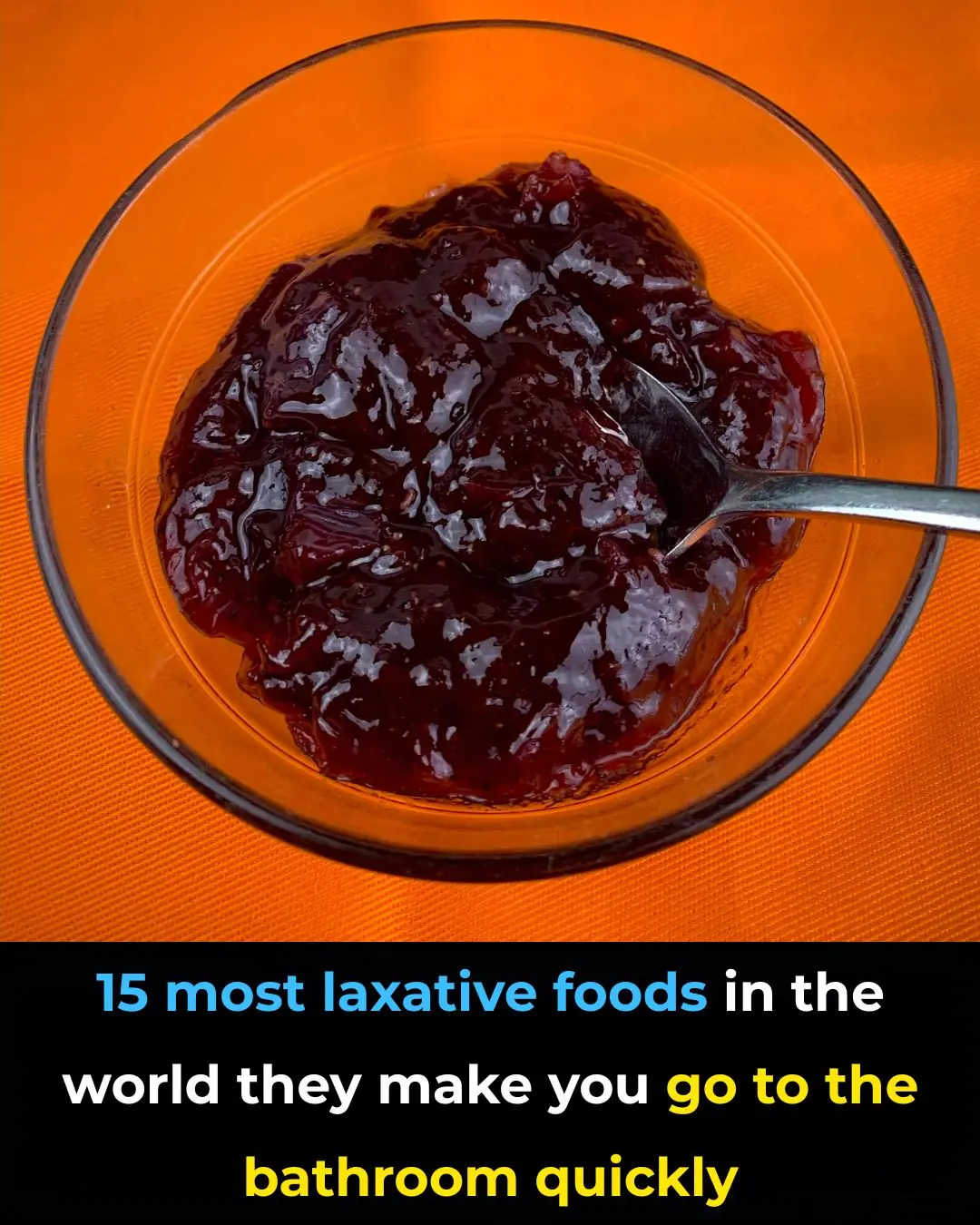
The 5 Most Laxative Foods in the World: Nature's Gentle Solution for Digestive Health
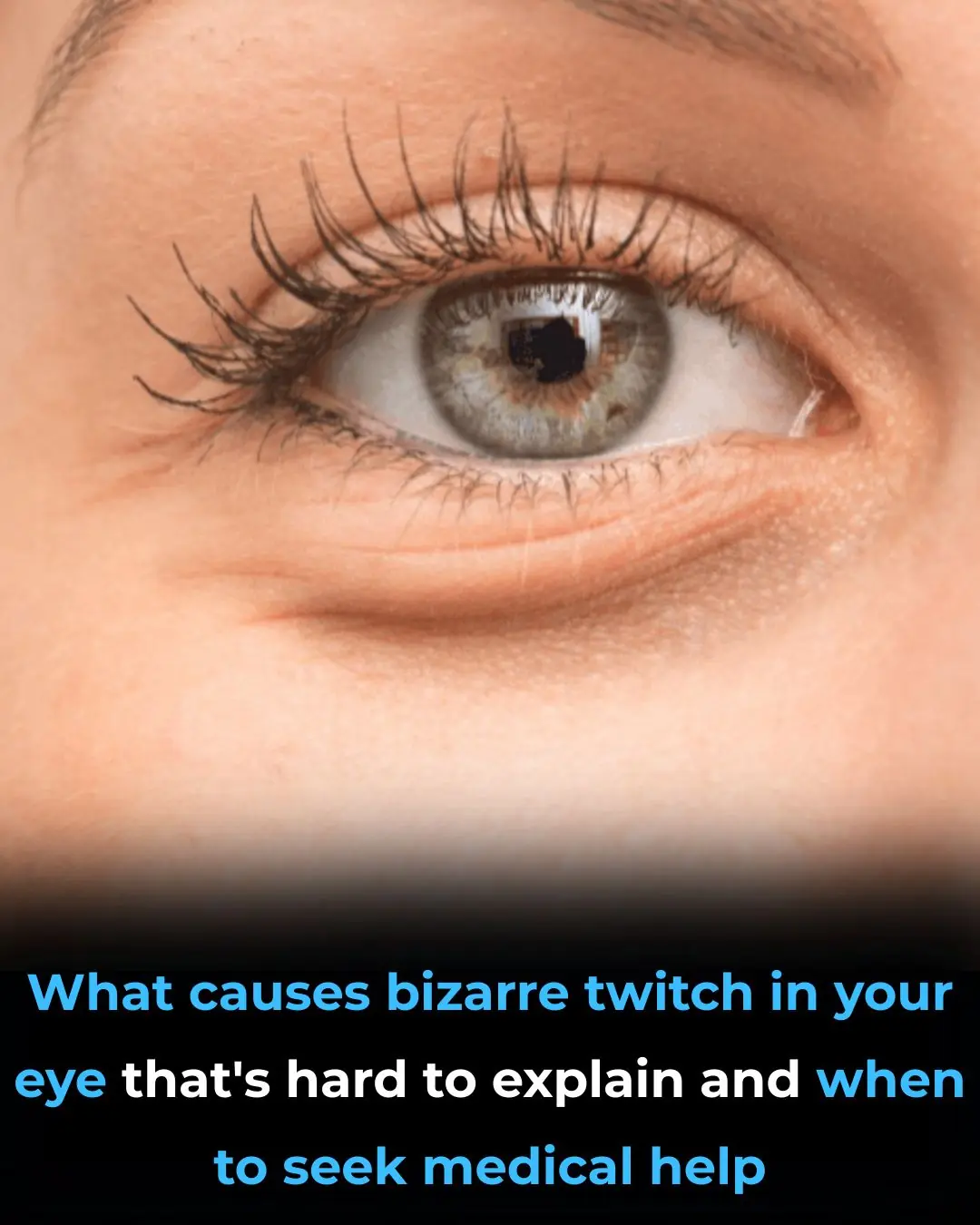
What Causes That Bizarre Eye Twitch
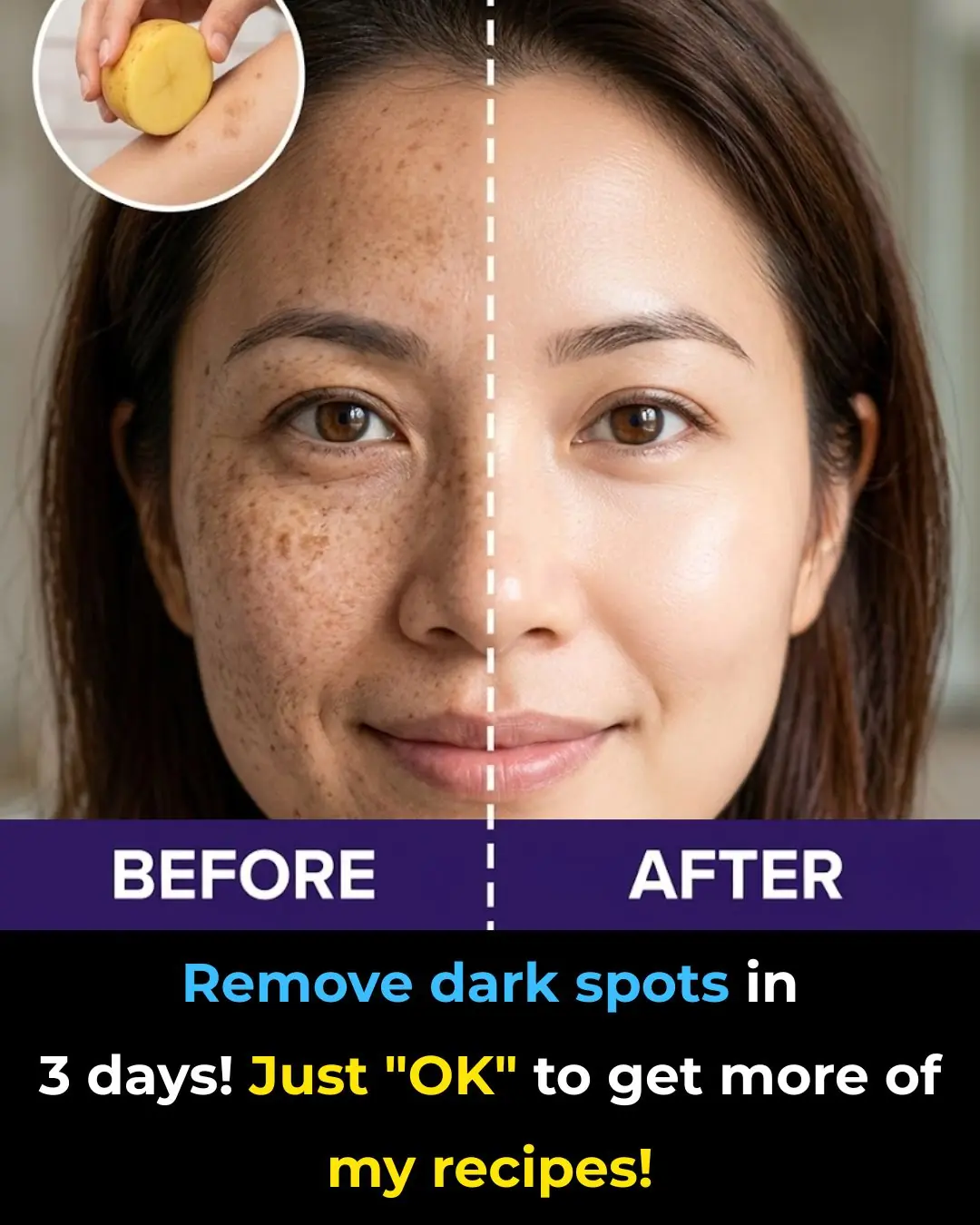
Naturally Softening the Appearance of Age Spots: A Simple DIY Mask with Cornstarch, Baking Soda, and Lemon for Brighter-Looking Skin

First-Ever Recording of Dying Human Brain Reveals Possible “Life Recall” Activity
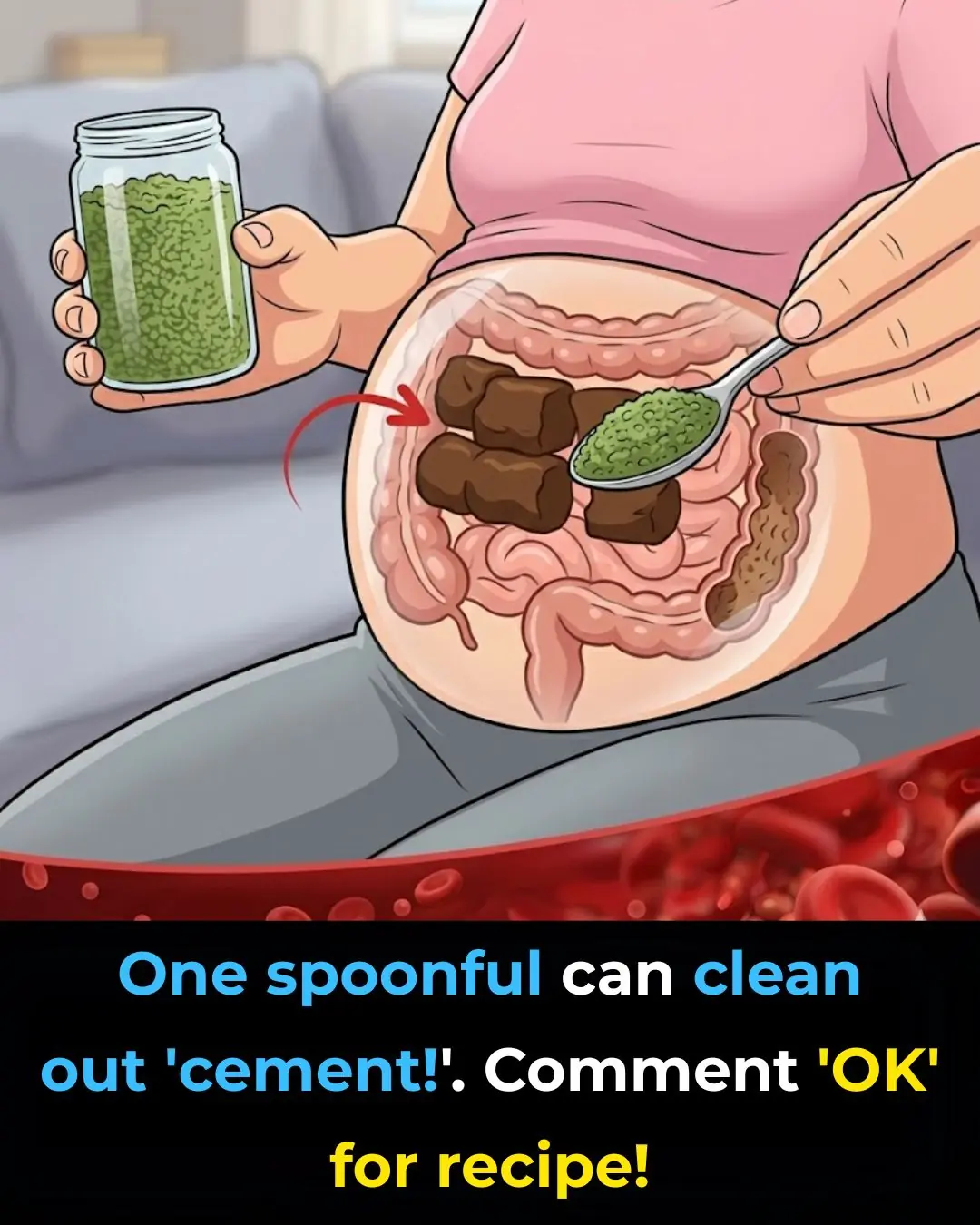
The Japanese Morning Ritual: A Simple Sip for Your Gut

10 Signs An Angel Is Trying To Contact You
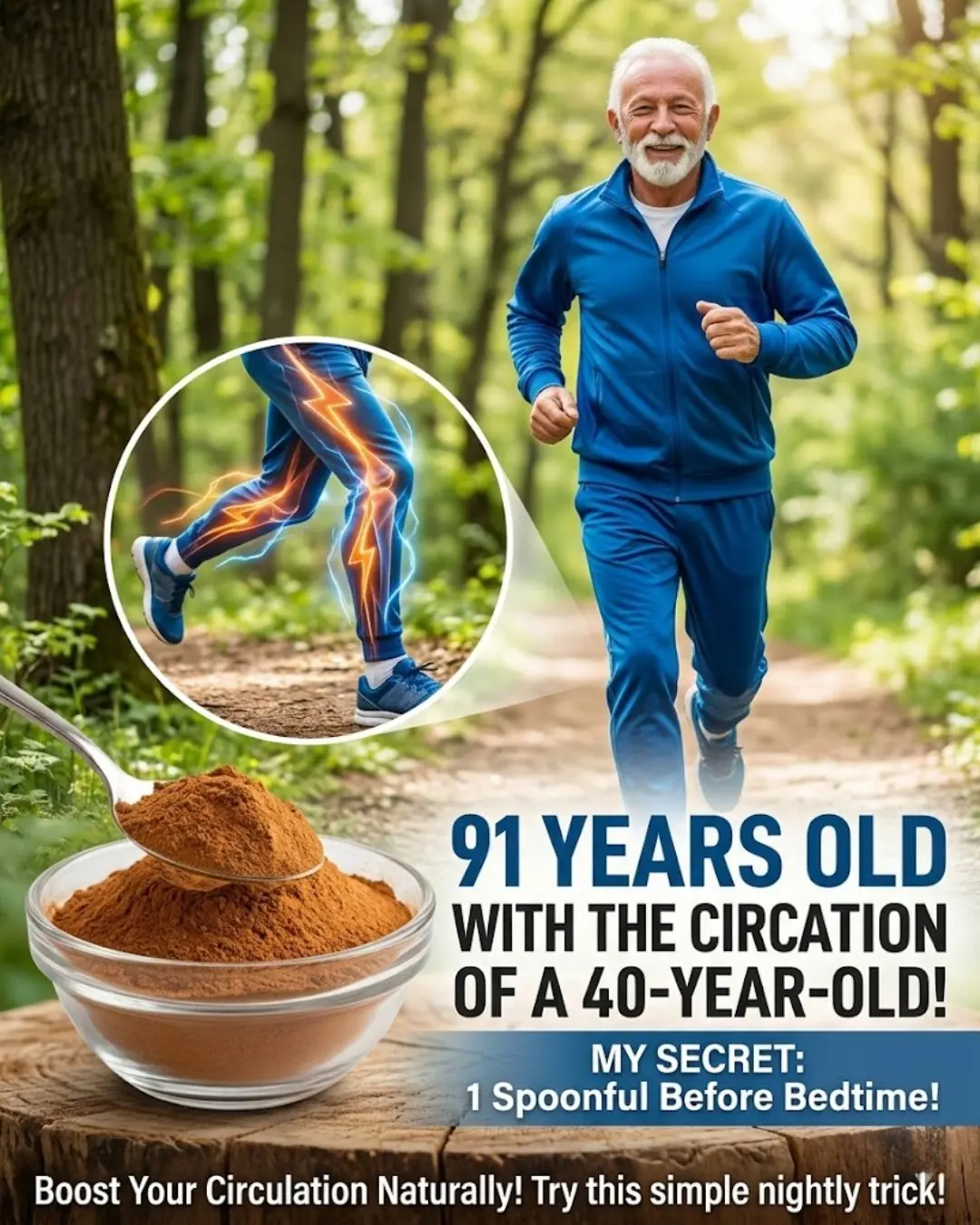
Nighttime Bite That May Help Support Healthy Circulation

Papaya Leaves for Hair Growth: How This Traditional Herbal Rinse May Help Strengthen Roots and Enhance Shine
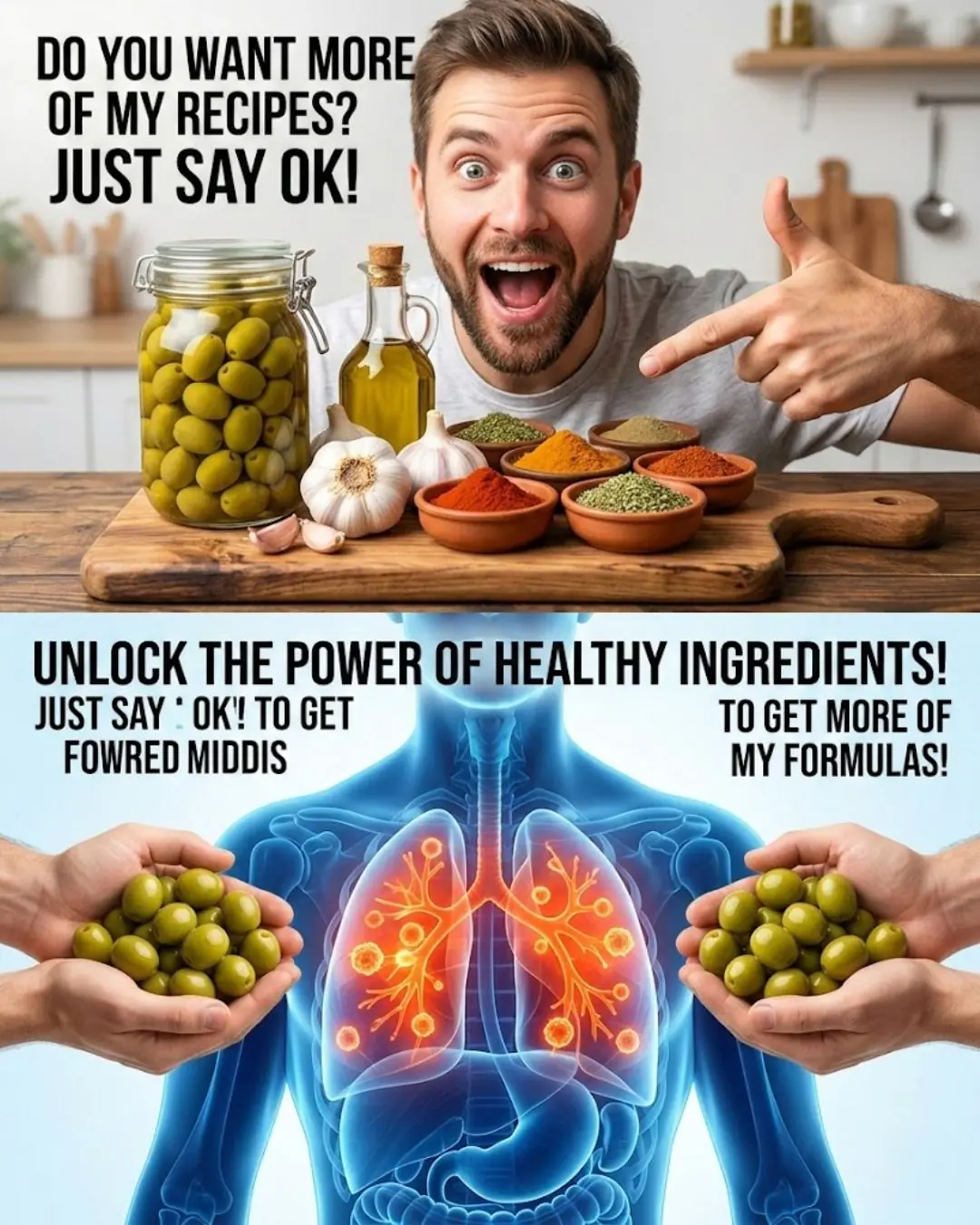
This Ancient Plant Is Called “Nature’s Gift”: The Real Health Benefits of Olive and Olive Leaf
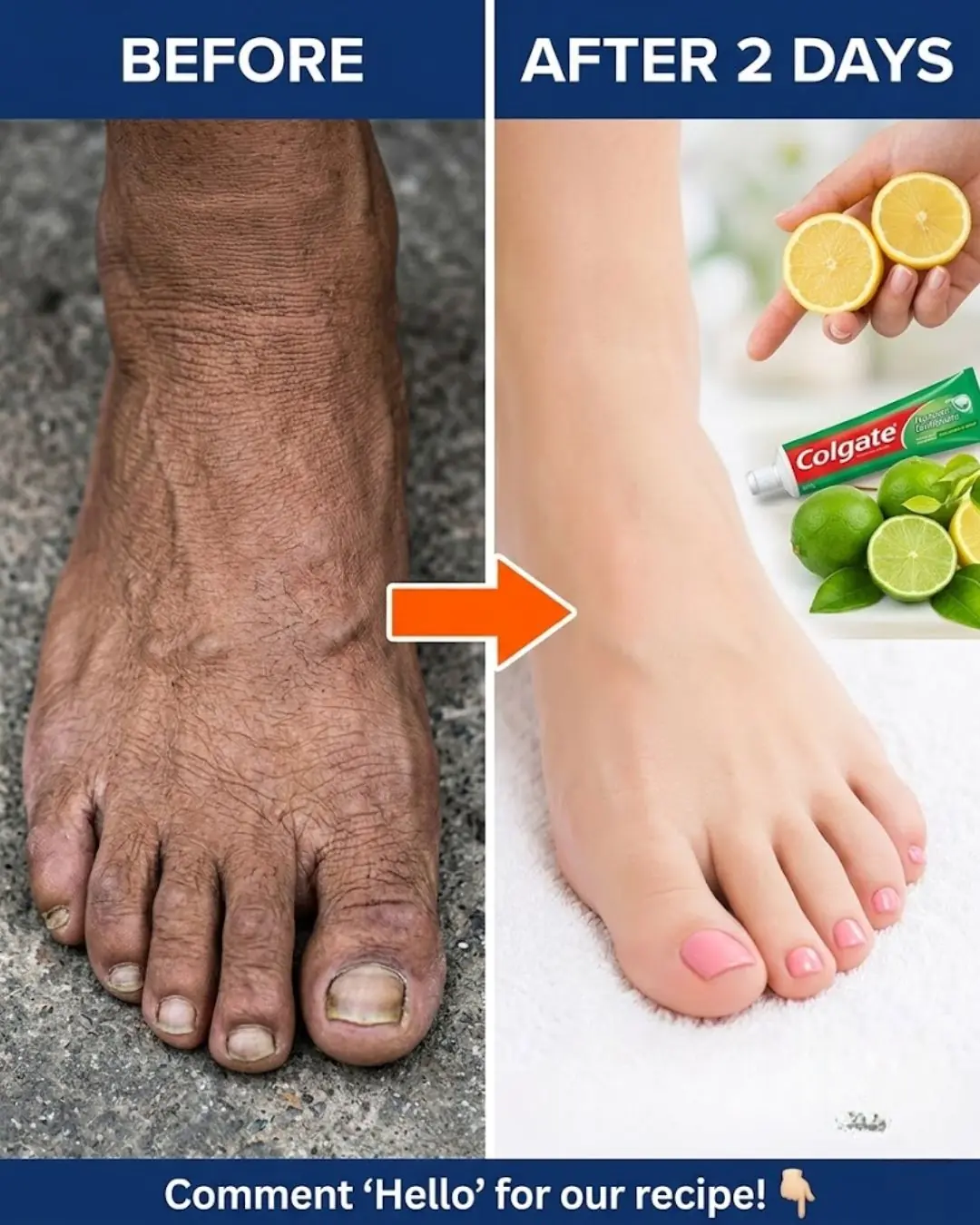
How I Improved the Appearance of My Legs: Smoother, Brighter & Healthier-Looking Skin with Simple Daily Habits
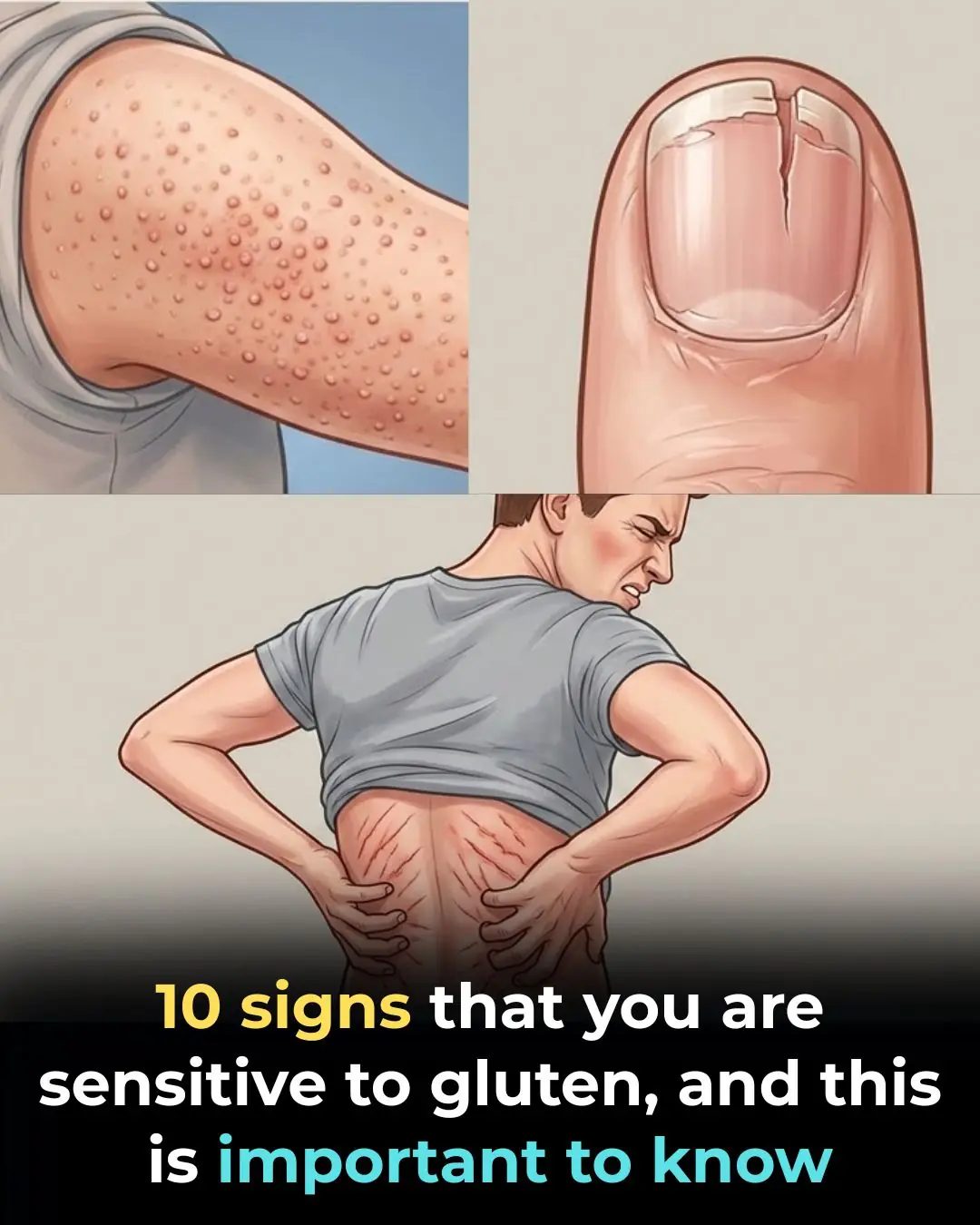
Warning Signs You May Be Sensitive to Gluten
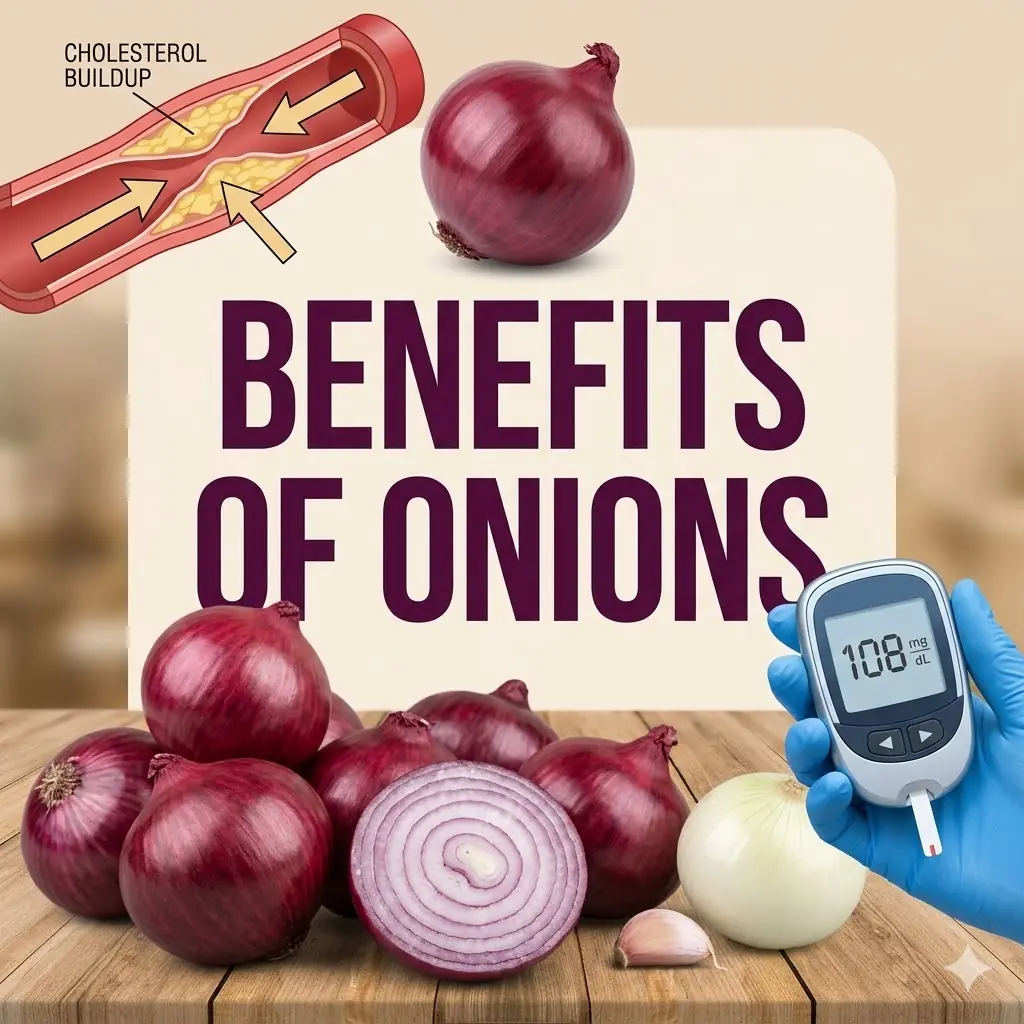
Can Red Onions Help Regulate Blood Sugar
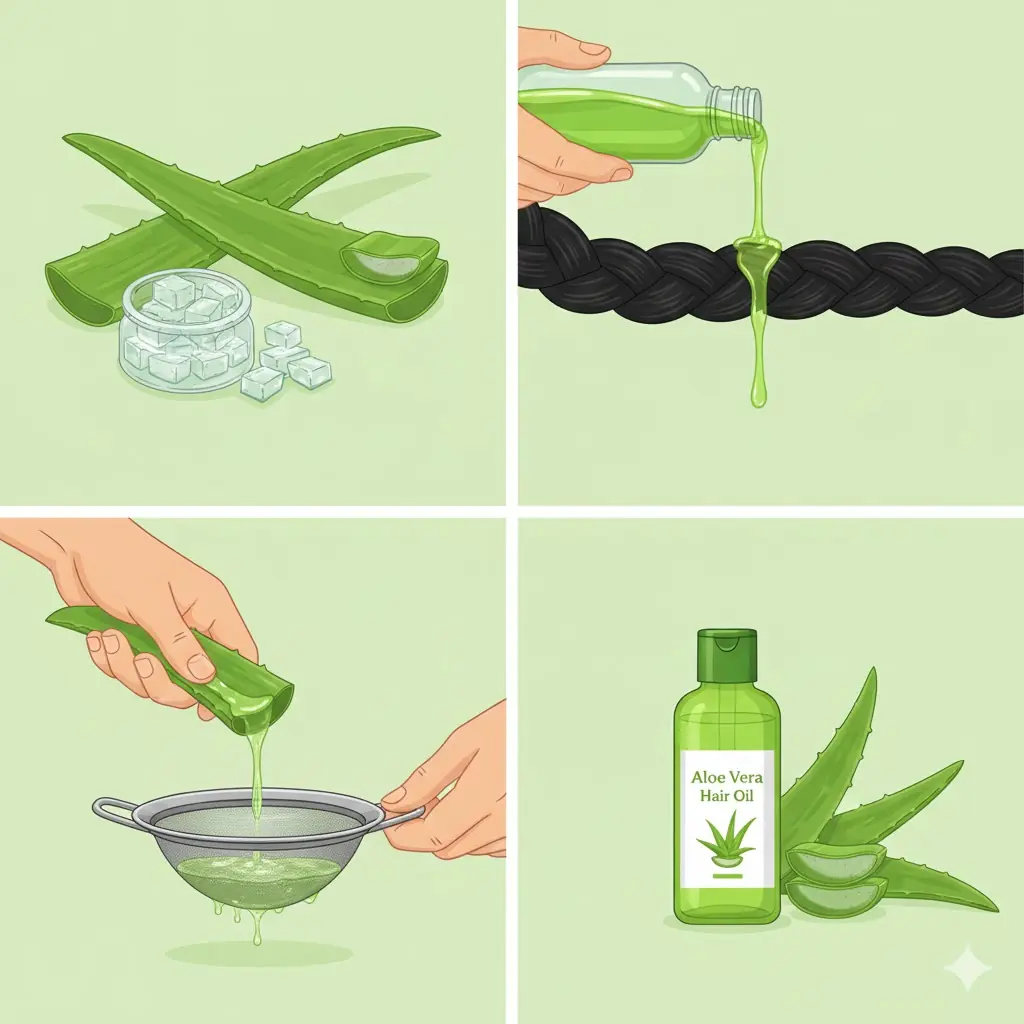
How to Make Aloe Vera Oil for Healthier, Stronger-Looking Hair

Why Women Prefer Hotter Showers Than Men
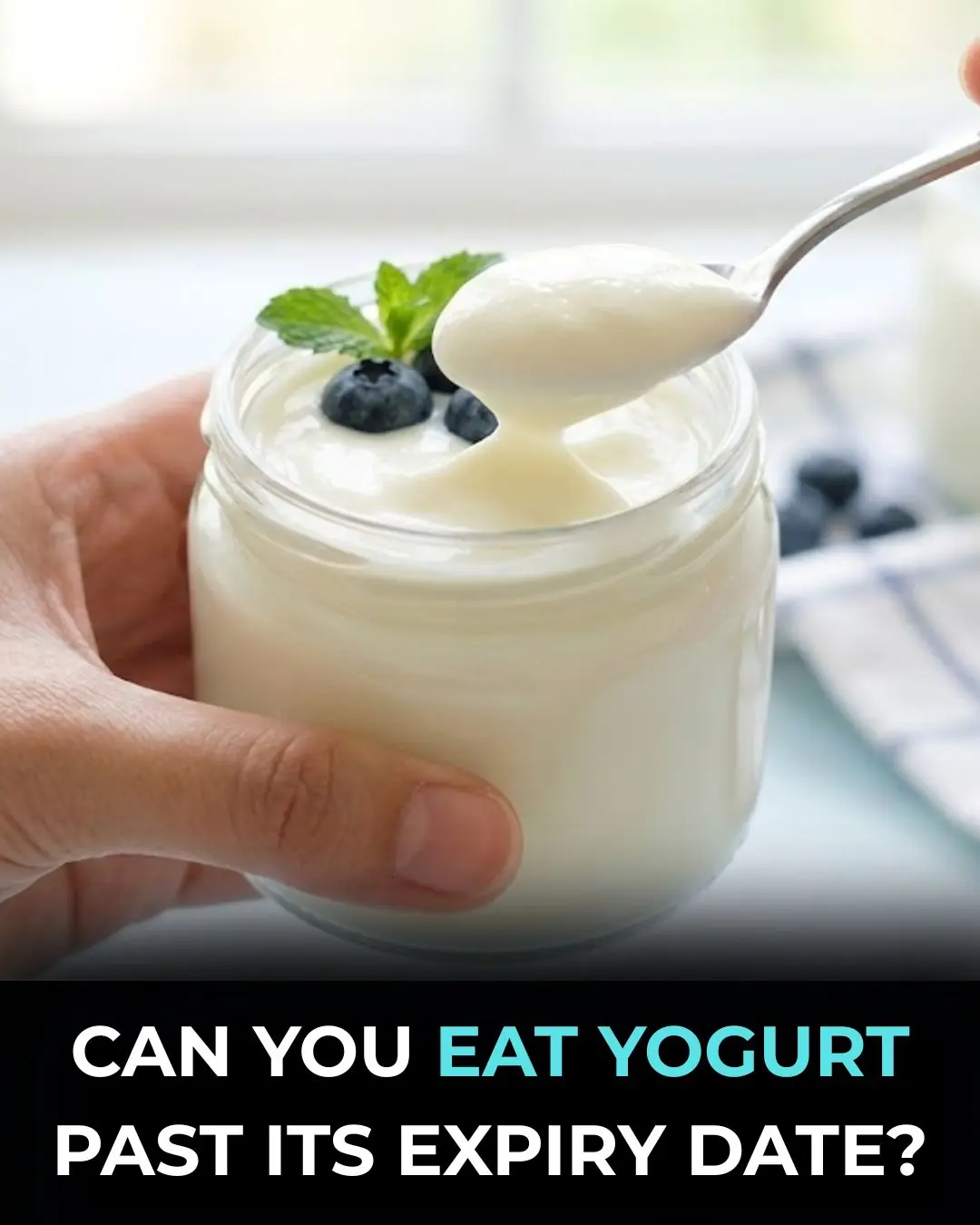
Can You Eat Yogurt Past Its Expiry Date
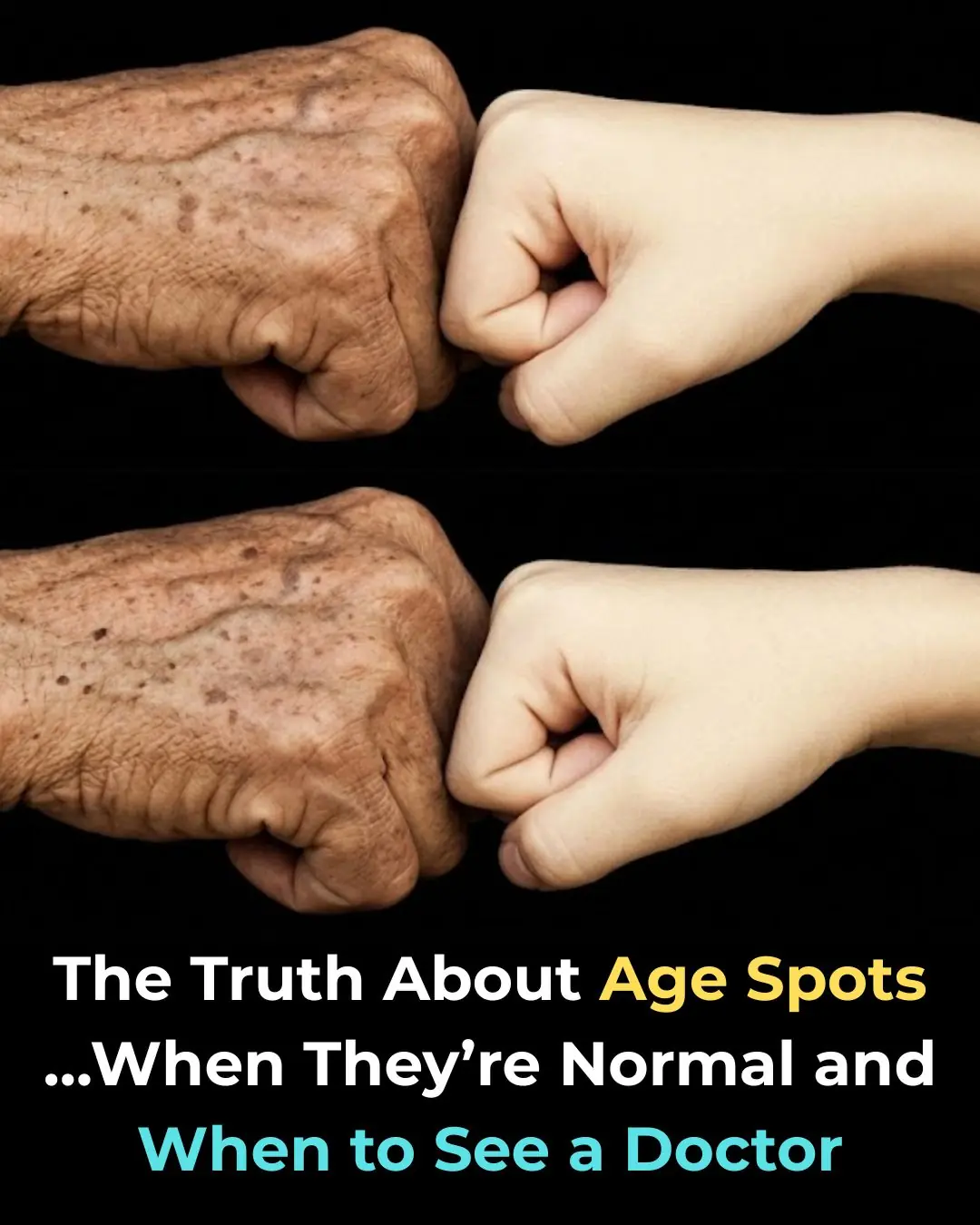
The Truth About Age Spots

The 2-Ingredient Homemade Drink That Helps Reduce Belly Fat

Why Some People Sunburn Easily
News Post
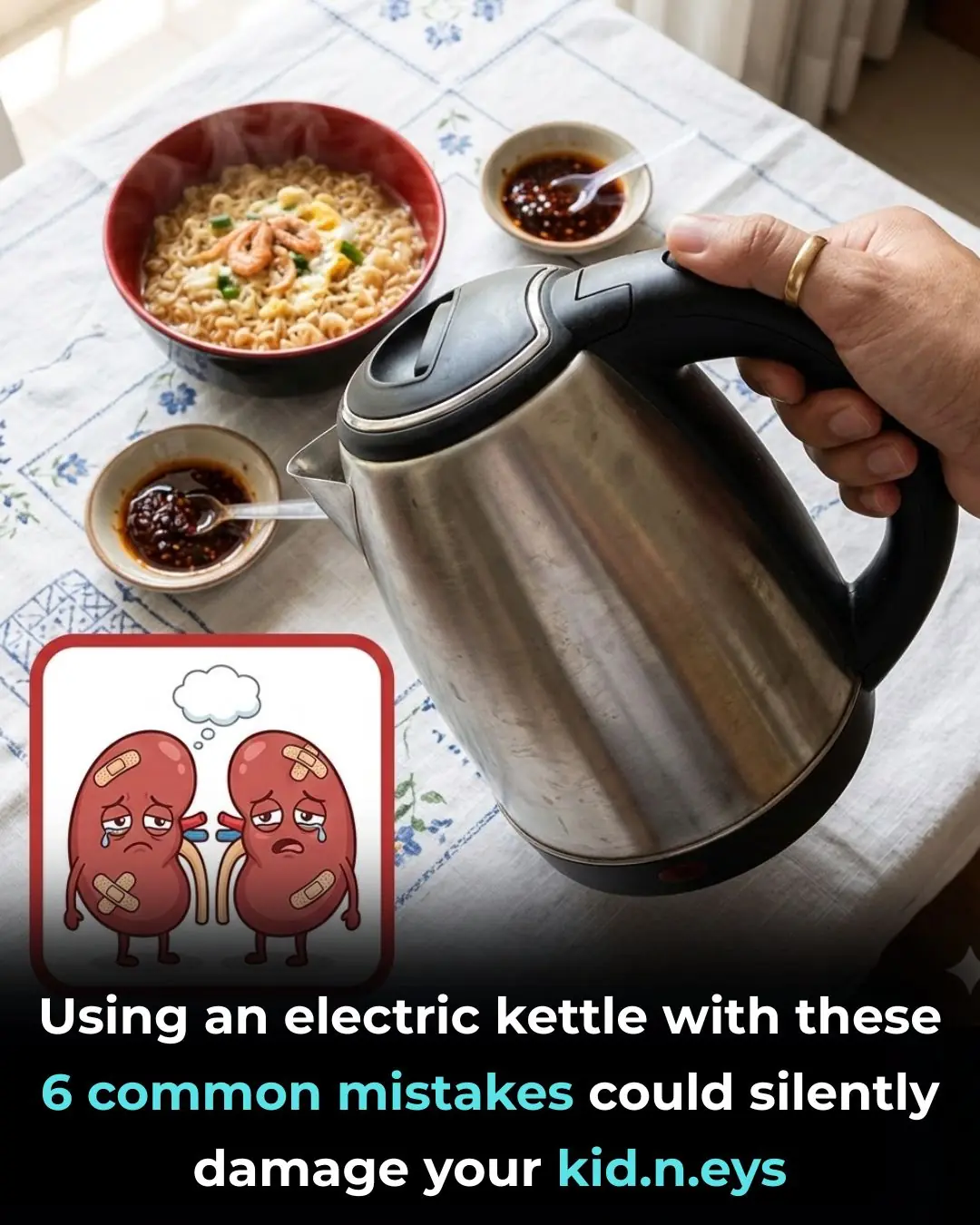
The #1 Kitchen Mistake That’s Making Your Family Sick (And Ruining Your Food)

🏠 8 Household Items That Could Be Affecting Your Health (And How to Check Them Safely at Home)

The Silent Signal: What Your Legs May Reveal About Pancreatic Health

Common Back-Pain Drug May Be Linked to Higher Dementia Risk, Large Study Finds

The 5 Most Laxative Foods in the World: Nature's Gentle Solution for Digestive Health

What Causes That Bizarre Eye Twitch
She Tore Up the DNA Report at the Baby’s Blessing—Then the Screen Lit Up and Froze the Entire Family

She Mocked an “Old Country Woman” in a Luxury Store—Then the Manager Bowed and Shut Down Her World

Naturally Softening the Appearance of Age Spots: A Simple DIY Mask with Cornstarch, Baking Soda, and Lemon for Brighter-Looking Skin

They Called My Son “Trash” at a School Meeting — Then I Took My Seat on the Board

He Made Me Crawl in a Job Interview—Then the Door Opened

First-Ever Recording of Dying Human Brain Reveals Possible “Life Recall” Activity

The Japanese Morning Ritual: A Simple Sip for Your Gut

10 Signs An Angel Is Trying To Contact You

Nighttime Bite That May Help Support Healthy Circulation

Papaya Leaves for Hair Growth: How This Traditional Herbal Rinse May Help Strengthen Roots and Enhance Shine

This Ancient Plant Is Called “Nature’s Gift”: The Real Health Benefits of Olive and Olive Leaf

How I Improved the Appearance of My Legs: Smoother, Brighter & Healthier-Looking Skin with Simple Daily Habits
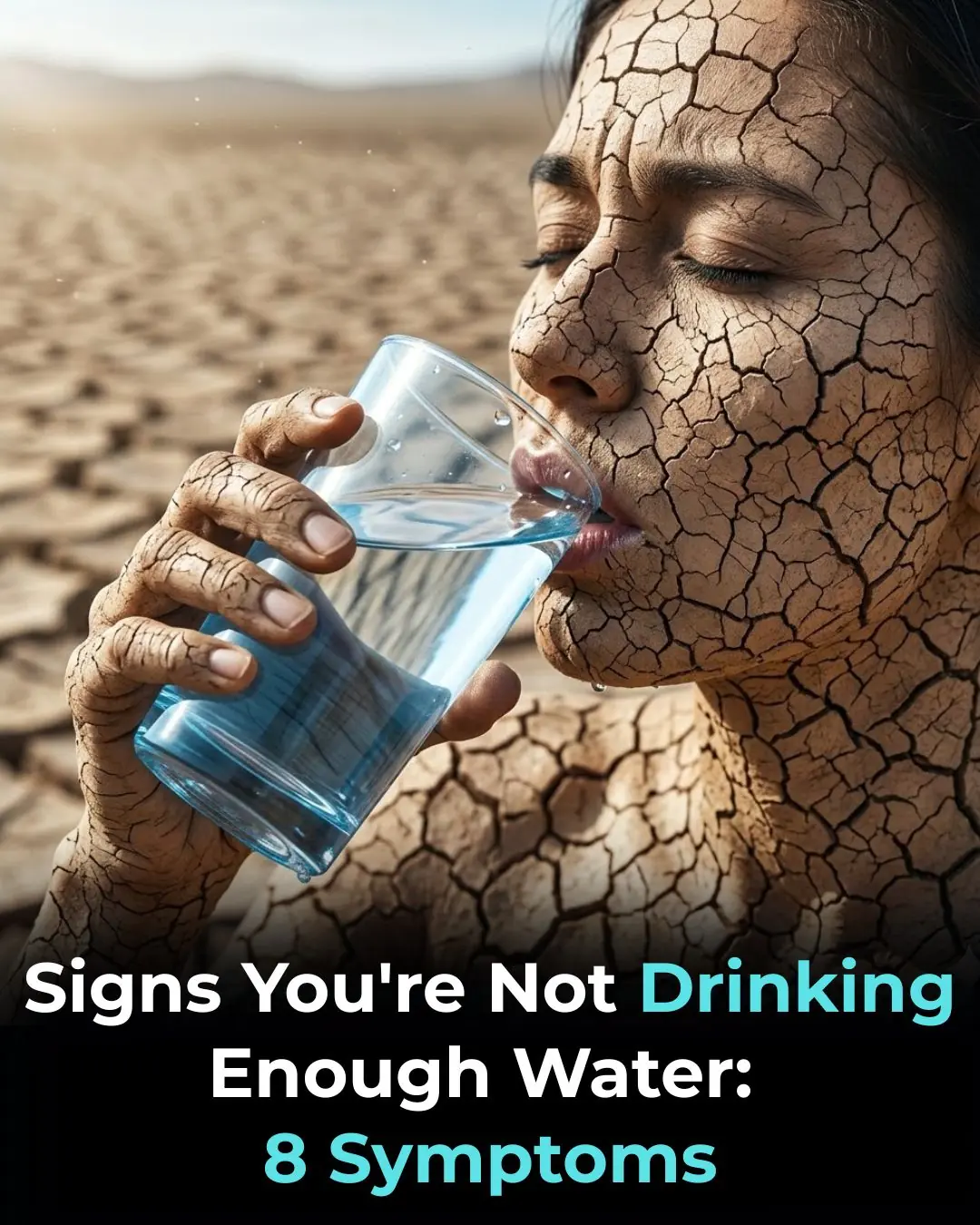
Subtle Signs You’re Not Drinking Enough Water
